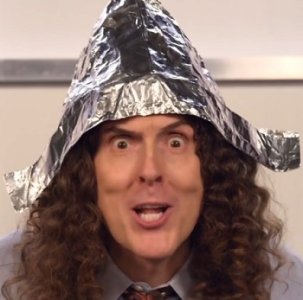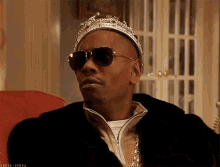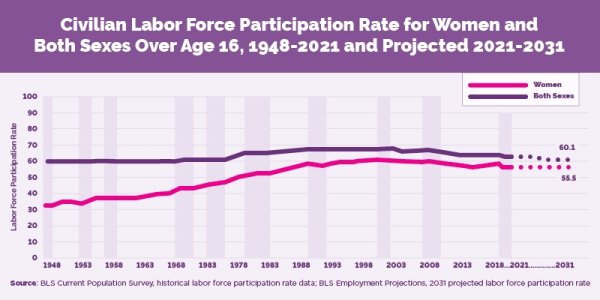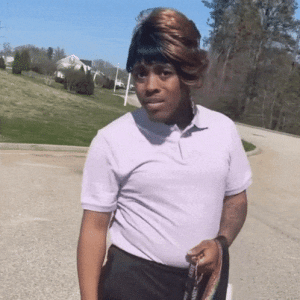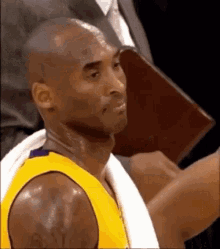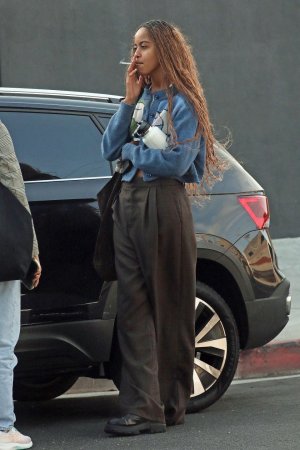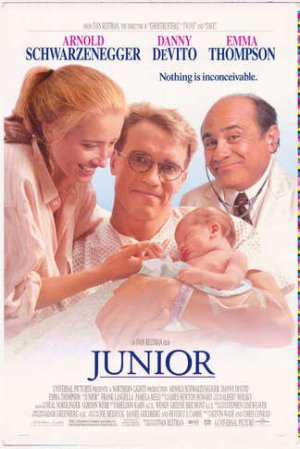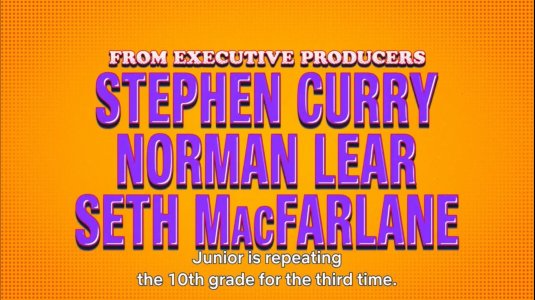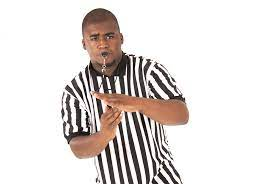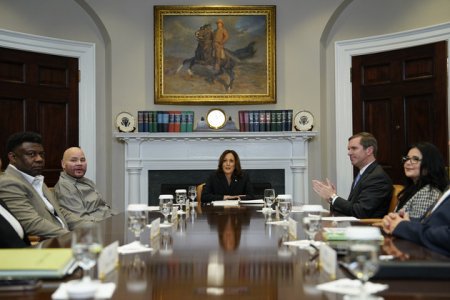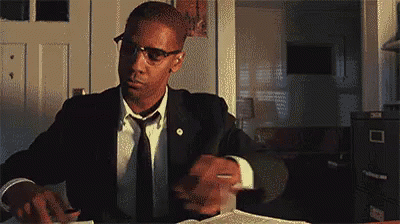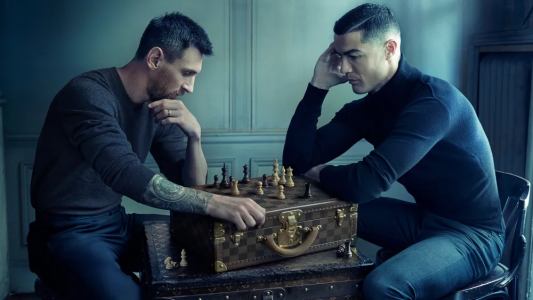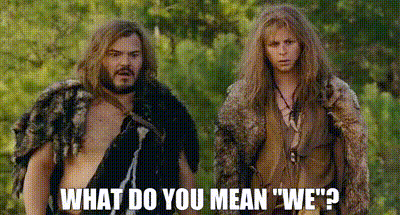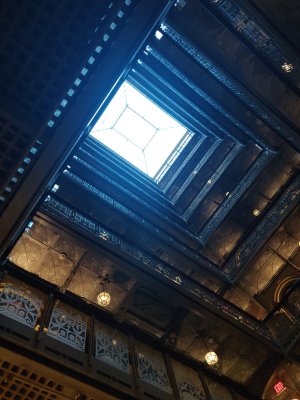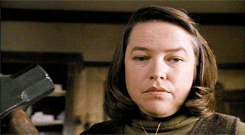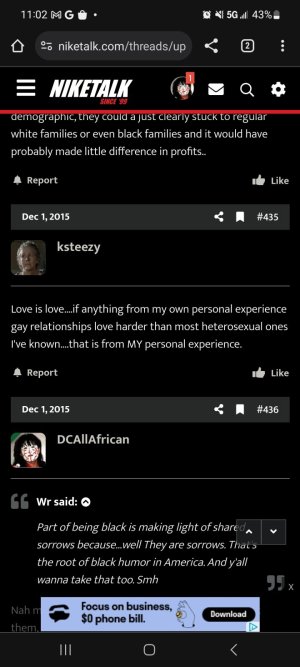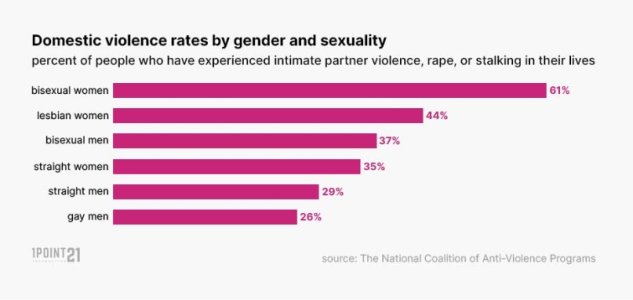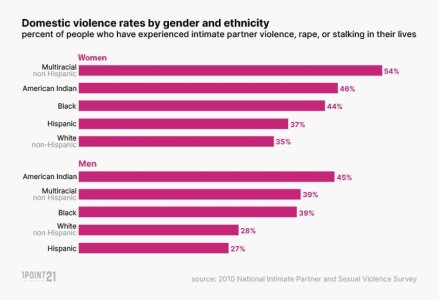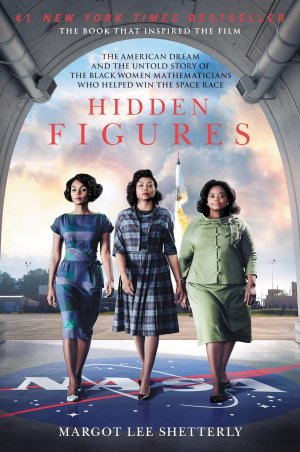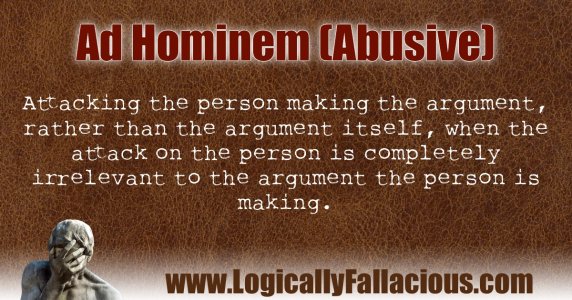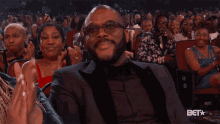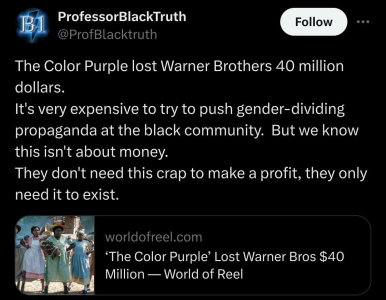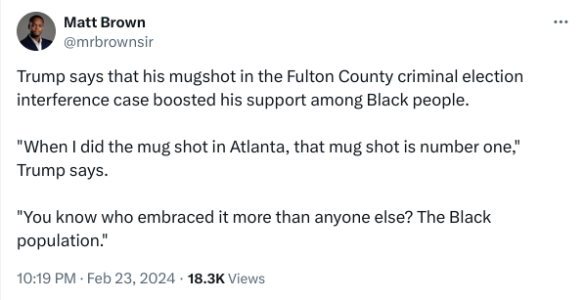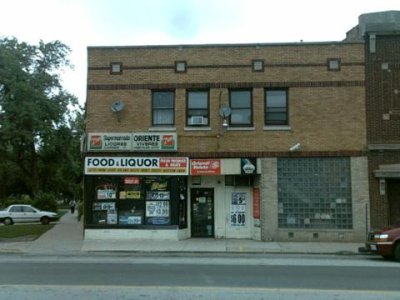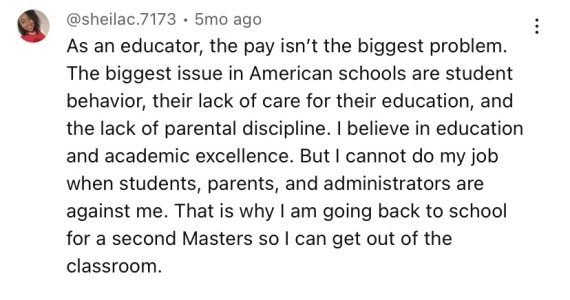Navigation
Install the app
How to install the app on iOS
Follow along with the video below to see how to install our site as a web app on your home screen.

Note: this_feature_currently_requires_accessing_site_using_safari
More options
You are using an out of date browser. It may not display this or other websites correctly.
You should upgrade or use an alternative browser.
You should upgrade or use an alternative browser.
- 299
- 206
- Joined
- Jul 28, 2012
- 299
- 206
- Joined
- Jul 28, 2012
- 9,904
- 7,091
- Joined
- Oct 8, 2005
This may have been posted...
(But if you havent seen it watch the whole vid)
(But if you havent seen it watch the whole vid)
- 14,426
- 19,489
- Joined
- May 14, 2013
A small chunk of the Byron Allen interview on the Karen Hunter Show. I didnt know much about this guy before this trial but he's clearly super intelligent
- 80,206
- 112,282
- Joined
- Jan 2, 2010
But Byron Allen is married to white woman so......
Don't care if his wife was orange, green or hot pink. He's giving black people the game and doing real work.
- 57,282
- 60,578
- Joined
- Aug 6, 2012
- 8,483
- 7,154
- Joined
- Aug 22, 2012
...
- 28,171
- 52,921
- Joined
- Apr 2, 2007
- 54,507
- 144,033
- Joined
- Aug 11, 2012
- 80,206
- 112,282
- Joined
- Jan 2, 2010
So that Harriet Tubman movie had a black bounty hunter as the villain and her white slave master as the "good guy"?
- 14,426
- 19,489
- Joined
- May 14, 2013
So that Harriet Tubman movie had a black bounty hunter as the villain and her white slave master as the "good guy"?
i haven’t seen it myself, but a few people who’s opinion I value say that the “criticisms” are unwarranted. Ultimately I think I’ve gotta see it for myself
- 24,926
- 23,228
- Joined
- Feb 25, 2010
Forgetting About Greensboro Keeps Us Unprepared for White Supremacist Violence
"Jacqueline Luqman talks with Rev. Nelson Johnson, one of the survivors of the Greensboro Massacre, about how knowing this history of white supremacist violence might have better prepared us for what we face today. "
"Jacqueline Luqman talks with Rev. Nelson Johnson, one of the survivors of the Greensboro Massacre, about how knowing this history of white supremacist violence might have better prepared us for what we face today. "
- 28,171
- 52,921
- Joined
- Apr 2, 2007
- 8,507
- 8,384
- Joined
- Jan 16, 2016
I would have to disagree with his inclusion of The Breakfast Club. And also my consumption of the other entities have been so minimal that I probably should not comment however from what I seen he would be correct
- 5,577
- 5,863
- Joined
- Aug 27, 2013
Just because something is consumed by black people dont mean its owned by black people.
- 28,171
- 52,921
- Joined
- Apr 2, 2007
Worldstar was owned by a black man , i don’t know about now.
the shade room is owned by a black woman and the same with lipstick alley.
the shade room is owned by a black woman and the same with lipstick alley.
Last edited:
- 31,417
- 65,435
- Joined
- Nov 16, 2018
Eh, "The BC" offers a fairly balanced amount of "ratcheted & righteous" content so I'm not giving him that, especially since white media loves and has more outlets to promote mind numbing dumb content. I could honestly say this post in itself is "anti-black" since he specifically made this about black platforms making it look like it's only them doing bs.
- 5,403
- 1,525
- Joined
- Apr 30, 2008
Actually TSR is owned by a Nigerian women, Worldstar was owned and founded by Q (he's Haitian), Akademiks (Jamaican), Media Take Out owned by Fred Mwangaguhunga (Ugandan)Just because something is consumed by black people dont mean its owned by black people.
- 80,206
- 112,282
- Joined
- Jan 2, 2010
"Howard shared the story in a Focus Features Q&A written up earlier this month, as well as in an essay published Tuesday by the Los Angeles Times. The writer-producer, who worked on the script for Harriet about 25 years, said the climate in Hollywood “was very different” in 1994 when the meeting took place. "
“I was told how one studio head said in a meeting, ‘This script is fantastic. Let’s get Julia Roberts to play Harriet Tubman,’” he recalled. “When someone pointed out that Roberts couldn’t be Harriet, the executive responded, ‘It was so long ago. No one is going to know the difference.’”
Pretty much confirming what we already know about them and their obsession to rewrite black history.
You’ve been working on this project for a long time. Can you give us a short history of Harriet?
Harriet, which was set up at Disney 26 years ago, was my first assignment. When I got in the business, I wanted to tell these historical stories by turning them into entertainment. I didn’t want to give history lessons. I wanted to turn Harriet Tubman’s life, which I’d studied in college, into an action-adventure movie. The climate in Hollywood, however, was very different back then. I was told how one studio head said in a meeting, “This script is fantastic. Let’s get Julia Roberts to play Harriet Tubman.” When someone pointed out that Roberts couldn’t be Harriet, the executive responded, “It was so long ago. No one is going to know the difference.” Two films really changed the climate in Hollywood to allow Harriet to be made. When 12 Years a Slave became a hit and did a couple hundred million dollars worldwide, I told my agent, “You can’t say this kind of story won’t make money now.” Then Black Panther really blew the doors open.

 www.truthorfiction.com
www.truthorfiction.com
Harriet, which was set up at Disney 26 years ago, was my first assignment. When I got in the business, I wanted to tell these historical stories by turning them into entertainment. I didn’t want to give history lessons. I wanted to turn Harriet Tubman’s life, which I’d studied in college, into an action-adventure movie. The climate in Hollywood, however, was very different back then. I was told how one studio head said in a meeting, “This script is fantastic. Let’s get Julia Roberts to play Harriet Tubman.” When someone pointed out that Roberts couldn’t be Harriet, the executive responded, “It was so long ago. No one is going to know the difference.” Two films really changed the climate in Hollywood to allow Harriet to be made. When 12 Years a Slave became a hit and did a couple hundred million dollars worldwide, I told my agent, “You can’t say this kind of story won’t make money now.” Then Black Panther really blew the doors open.

Was Julia Roberts Supposed to Play Harriet Tubman in a 2019 Biopic?
In November 2019, just after the film Twitter was outraged over news that white actor Julia Roberts was "suggested" by a studio executive to play Harriet
- 156,366
- 135,909
- Joined
- Oct 13, 2001
- 17,151
- 23,973
- Joined
- Feb 8, 2009
As a black veteran, this hits me hard. The US military is really tryna lie to folks at museums and exhibits about how they treated black folks. Sad
Last edited:
- 1,565
- 2,887
- Joined
- Jan 6, 2015
Nah, Black veterans weren't given the "gravy train" benefits that White vets got
From the start, black veterans had trouble securing the GI Bill’s benefits. Some could not access benefits because they had not been given an honorable discharge—and a much larger number of black veterans were discharged dishonorably than their white counterparts.
Veterans who did qualify could not find facilities that delivered on the bill’s promise. Black veterans in a vocational training program at a segregated high school in Indianapolis were unable to participate in activities related to plumbing, electricity and printing because adequate equipment was only available to white students.
Simple intimidation kept others from enjoying GI Bill benefits. In 1947, for example, a crowd hurled rocks at black veterans as they moved into a Chicago housing development. Thousands of black veterans were attacked in the years following World War II and some were singled out and lynched.

